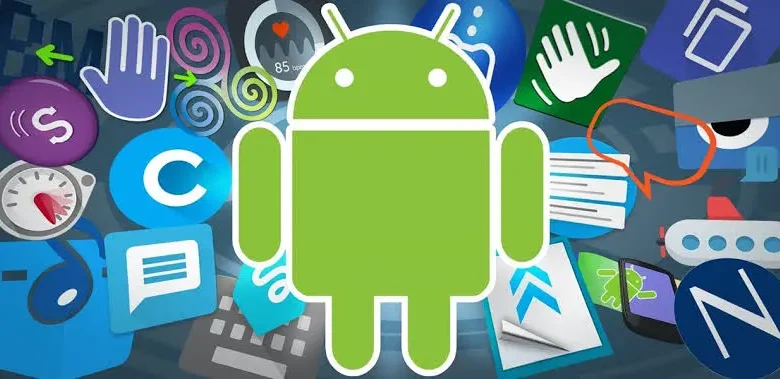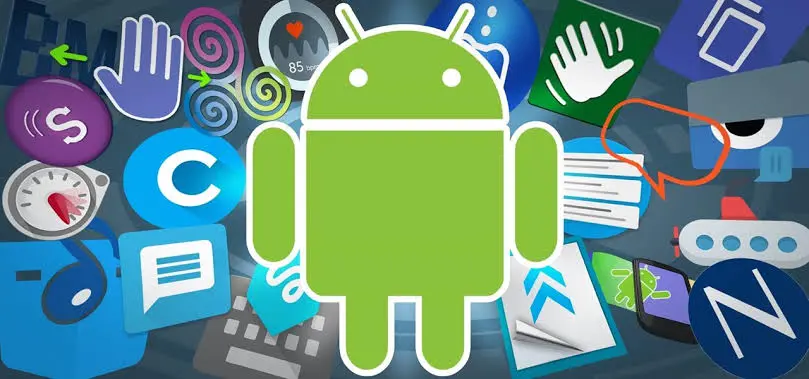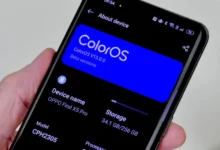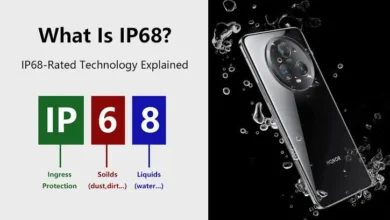

What Is Android Operating System? Android is a mobile operating system developed by Google. It is based on a modified version of the Linux kernel and other open-source software. Android was first unveiled in 2007 and the first commercial Android device was the HTC Dream and it was launched in 2008. Since then, Android has become the most widely used mobile operating system globally.
A Brief History of Android
Android Inc. was founded in 2003 by Andy Rubin, Rich Miner, Nick Sears, and Chris White. The company developed software for mobile devices and was acquired by Google in 2005. After the acquisition, Google formed the Open Handset Alliance, a consortium of hardware, software, and telecommunication companies devoted to advancing open standards for mobile devices.
The first version of Android was released in 2007, along with the founding of the Android Open Source Project (AOSP). AOSP allowed the software to be freely modified and distributed by device manufacturers, wireless carriers, and developers. The operating system continued to evolve with major version releases over the years:
Android Evolution


Below is the evolution of Android operating system, starting from the first release, Android 1.0 to the latest.
- Android 1.0 (No codename) – September 2008
- Android 1.5 (Cupcake) – April 2009
- Android 1.6 (Donut) – September 2009
- Android 2.0-2.1 (Eclair) – October 2009 to January 2010
- Android 2.2 (Froyo) – May 2010
- Android 2.3 (Gingerbread) – December 2010
- Android 3.0 (Honeycomb) – February 2011
- Android 4.0 (Ice Cream Sandwich) – October 2011
- Android 4.1-4.3 (Jelly Bean) – July 2012 to July 2013
- Android 4.4 (KitKat) – October 2013
- Android 5.0-5.1 (Lollipop) – November 2014 to March 2015
- Android 6.0 (Marshmallow) – October 2015
- Android 7.0 (Nougat) – August 2016
- Android 8.0 (Oreo) – August 2017
- Android 9 (Pie) – August 2018
- Android 10 (Android Q)- September 2019
- Android 11 (Red Velvet Cake) – September 2020
- Android 12 (Snow Cone) – October 2021
- Android 13 (Tiramisu) – August 2022
- Android 14 (Upside Down Cake) – September 2023
Each new version of Android brings new features, design improvements, security, platform enhancements, and better performance. The latest releases, Android 13 and 14, focus on improved privacy controls, language settings, Bluetooth connectivity, Artificial intelligence (AI), and machine learning capabilities.
Key Features of Android Operating System
Open source – Android is an open-source software, it allows device makers to customize and modify the operating system.
- Customizable UI – The user interface of Android is highly customizable with home screen widgets, live wallpapers, adaptive icons, and various themes of one choice.
- Notifications – The Android operating system provides a notification system that shows alerts and updates from apps on the status bar. Users can customize notification options.
- Easy File sharing – Sharing content like photos, videos, Apps, and files between apps is seamless in Android.
- Connectivity – Android supports cellular data, Wi-Fi, Bluetooth, and NFC for connectivity and wireless file transfers.
- Fast charging – Many Android devices now support fast charging technology via USB-C and high-capacity batteries.
- Split screen – Android supports multi-window mode to run two apps simultaneously in a split screen view.
- Digital assistant – Google Assistant is the default virtual assistant on Android devices, capable of voice commands, information lookup, and more.
- Rich app ecosystem – The Google Play store which is a pre-installed app store provides access to over 5 million Android apps for productivity, gaming, social media, and other uses.
The Growth of Android Worldwide
Since its inception, Android has seen tremendous year-over-year growth in terms of devices, users, and market share globally. Here are some Statistics on the Android operating system.
- As of 2024, there are over 4 billion active Android devices worldwide.
- Android commands over 80% of the global mobile OS market share.
- In the US, Android accounts for 51% of the mobile OS market share.
- In India, 99% of smartphones run on Android.
- Over 95% of smartphones in China use Android OS.
- Globally, the number of apps available on Google Play Store is over 5 million.
The flexibility, cost-effectiveness, and features of the Android operating system serve as fuel to its popularity in both developed and emerging markets worldwide. With ongoing developments by Google, Android is expected to continue dominating as the operating system for smartphones and tablets.
The Future of Android


As a pioneer in mobile operating systems, Android is well-positioned to take advantage of upcoming technology trends and innovations. Below are some of the new areas in the tech industry where Android is doing well.
- Foldable Display Devices – Google has optimized Android for foldable display devices like the Samsung Galaxy Fold. Features like seamless screen continuity and multi-resume allow apps to adjust to folding screens.
- 5G connectivity – With rapid 5G rollout globally, Android 14 includes API changes and system optimizations to take full advantage of faster network speeds.
- Advanced AI – On-device machine learning capabilities and Google Assistant’s conversational abilities have improved through federated learning and natural language processing.
- Enhanced privacy – Android provides granular privacy controls, data safety measures, and transparency around app permissions.
- Wearables – Android is optimized to run on smaller displays of watches, glasses, and other wearables with smooth connectivity.
Powered by Google’s technology strengths, Android is enabling the next generation of faster, smarter, more connected mobile experiences.
Conclusion
Android has earned itself as the predominant mobile operating system with over 80% market share globally. Factors like affordability, customizability, regular updates, and innovations have contributed to its widespread adoption. With enhancements like AI, privacy controls, 5G, and foldable displays, Android is likely to maintain its dominance in the mobile OS market in the future.







